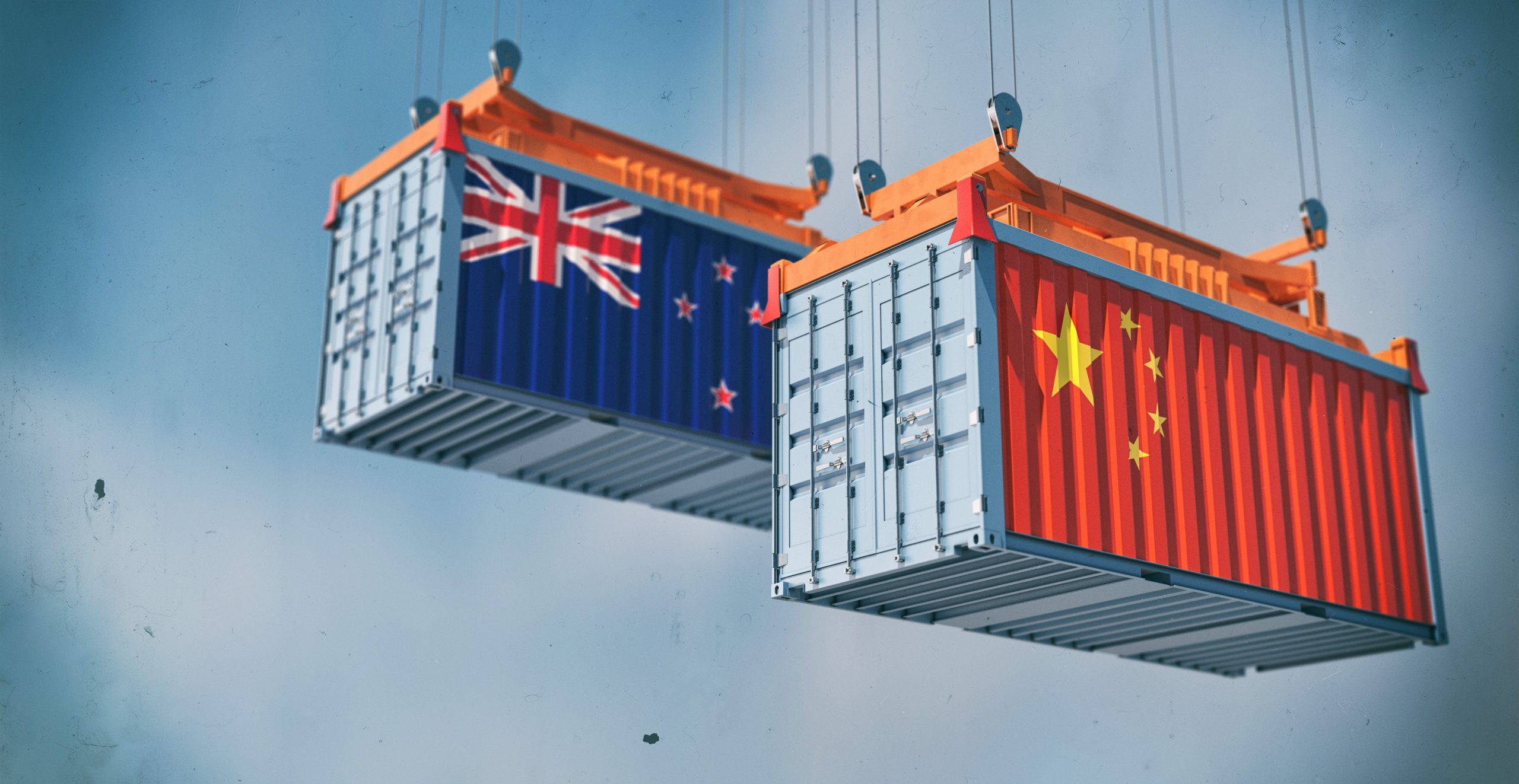How to Import from Africa to the UK: A Complete Guide for Businesses
Importing goods from Africa to the UK presents an incredible opportunity for businesses looking to diversify their supply chains, access unique products, and tap into Africa’s fast-growing export markets. From agricultural produce to raw materials and finished goods, African exports are becoming increasingly important to the UK’s wholesale, retail, and distribution sectors.
Wigmore Trading specializes in helping businesses navigate the complexities of sourcing and shipping from Africa. With decades of experience in wholesale distribution and international trade, we provide a seamless link between African producers and UK buyers.
Why Import from Africa to the UK?
The African continent is rich in natural resources, agricultural products, and manufactured goods. For UK companies, sourcing from Africa can provide:
-
Competitive Pricing: Many African countries offer products at lower costs, helping UK wholesalers and retailers remain competitive.
-
Unique Products: From cocoa and coffee to shea butter and textiles, African exports are highly sought after for their quality and authenticity.
-
Expanding Markets: As African economies grow, trade agreements with the UK open up even more opportunities for importers.
By working with a trusted partner like Wigmore Trading, businesses can reduce risk and unlock reliable access to these markets.
Key Products to Import from Africa
Some of the most popular categories of African exports to the UK include:
-
Agricultural Commodities: Cocoa, coffee, tea, cashew nuts, and spices.
-
Fresh Produce: Fruits such as avocados, mangoes, pineapples, and citrus.
-
Natural Oils and Butters: Shea butter, palm oil, and essential oils.
-
Textiles and Apparel: Traditional fabrics, handmade clothing, and accessories.
-
Raw Materials: Minerals, wood, and other industrial inputs.
Wigmore Trading has established relationships with trusted suppliers across Africa, ensuring that businesses can source high-quality products with confidence.
Understanding Import Regulations
Importing into the UK requires compliance with customs and government regulations. Some key areas include:
-
Customs Declarations: Every shipment must be correctly declared to HMRC.
-
Tariffs and Duties: Depending on the product and origin country, duties may apply.
-
Quality Standards: Agricultural and food products must meet UK health and safety standards.
-
Documentation: Certificates of origin, invoices, and shipping documents are essential.
At Wigmore Trading, we simplify this process by handling documentation and ensuring that shipments comply with UK regulations, saving businesses time and money.
Shipping Options for African Imports
Shipping methods vary depending on the product type, volume, and urgency:
-
Sea Freight: Best for bulk shipments such as agricultural commodities and raw materials.
-
Air Freight: Ideal for perishable goods like fresh fruit and vegetables.
-
Consolidated Shipping: Cost-effective option for smaller businesses that need lower volumes.
With our logistics expertise, Wigmore Trading provides tailored shipping solutions to suit the needs of both small importers and large-scale distributors.
Challenges of Importing from Africa
While the opportunities are significant, businesses face certain challenges:
-
Infrastructure Limitations: Some African ports and roads can cause delays.
-
Regulatory Complexity: Different countries have varying export procedures.
-
Supply Chain Risks: Quality control and reliable sourcing can be challenging.
These risks highlight the importance of working with an experienced partner. Wigmore Trading’s established presence in African markets allows us to manage suppliers, monitor quality, and ensure shipments arrive on time.
How Wigmore Trading Supports Your Import Needs
Wigmore Trading provides end-to-end support for UK businesses importing from Africa. Our services include:
-
Supplier Sourcing: We connect you with verified African producers.
-
Logistics Management: From documentation to freight forwarding, we handle it all.
-
Wholesale Distribution: Our network ensures you receive consistent supply at competitive rates.
-
Market Insights: We advise on trending products and opportunities in African trade.
By partnering with us, businesses can focus on growth while we handle the complexities of cross-border trade.
Steps to Import from Africa to the UK
-
Identify Products and Suppliers – Decide what products you want to source and rely on Wigmore Trading to connect you with trusted suppliers.
-
Understand Import Regulations – Ensure you are aware of UK customs duties and product requirements.
-
Choose the Right Shipping Method – Balance cost, speed, and product requirements with our expert advice.
-
Prepare Documentation – Work with us to ensure all paperwork is complete and compliant.
-
Receive and Distribute Goods – Once your shipment arrives, Wigmore Trading helps manage warehousing and wholesale distribution.
The Future of UK–Africa Trade
Post-Brexit trade agreements are creating new opportunities for UK businesses to import from Africa. As demand for sustainable, authentic, and high-quality products grows, Africa’s role in global supply chains will only strengthen.
With Wigmore Trading as your partner, you can position your business at the forefront of this growing trade relationship.
Conclusion
Importing from Africa to the UK offers businesses access to unique products, competitive pricing, and expanding opportunities. While challenges exist, partnering with a trusted wholesale and logistics expert like Wigmore Trading ensures success.
Contact Wigmore Trading today to streamline your sourcing and strengthen your supply chain.








Comments are closed.